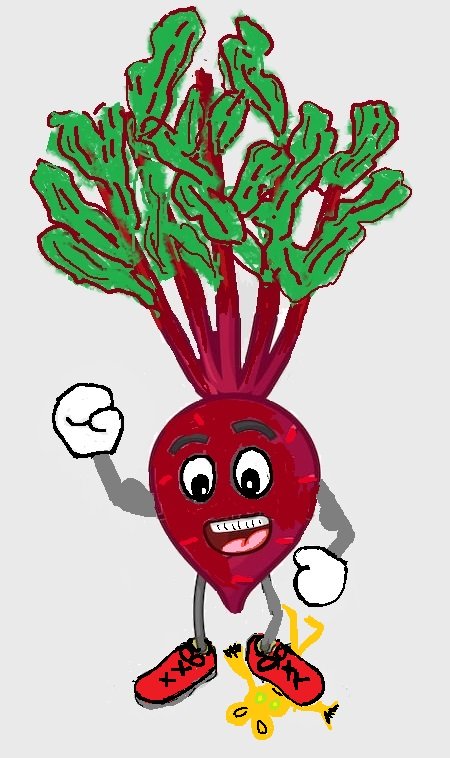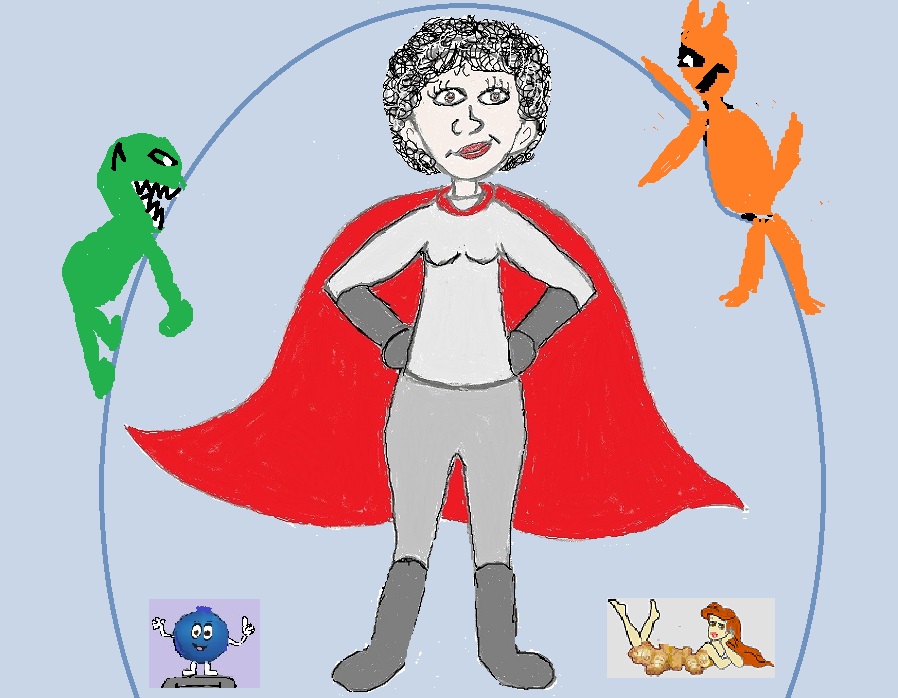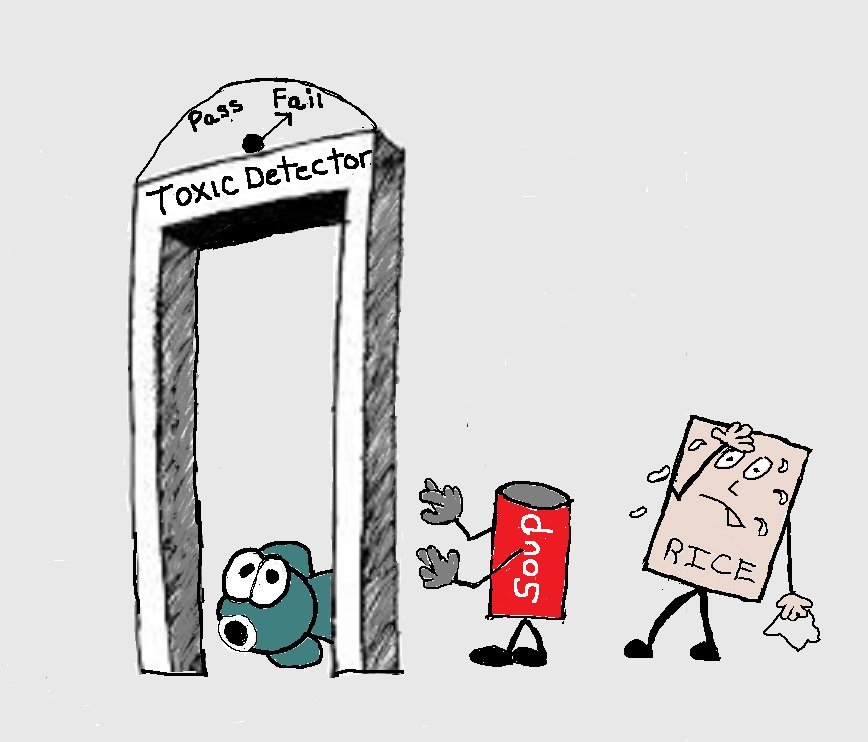- Home
- Polys & Superfood
- Superfood Benefits of Beets
Superfood Benefits Of Beets - A Vital Protox Food
There are multiple superfood benefits of beets that will protect your health. And they're a great protox food, meaning they’re a rich source of compounds that protect you from toxic chemical exposure.
Beets contain things like ascorbic acid, carotenoids, phenolic acids and flavonoids. Many of these compounds, like rutin, epicatechin and caffeic acid, are excellent antioxidants.
In fact, the antioxidant capacity of beetroot juice is comparable to or higher than most fruit and vegetable juices. But what makes red beets an exceptional protox food is that they’re red.
That means beets are one of the few vegetables that contain a group of highly bioactive pigments known as betalains. In fact, betalains are the major bioactive molecules in beets.
They contain twenty two different betalains consisting of over 20 betacyanins and betaxanthins. They are the violet, red, pink, yellow, and orange pigments contained in beet roots.
So, adding the superfood benefits of beets and their betalains to your diet will help protect you from unavoidable toxic chemical exposure. That’s important because, even if you make less toxic choices in food, cooking, personal care and home products, there’s some toxic exposure you can’t escape.
And unavoidable exposure to toxic chemicals is linked to:
- Oxidative stress (excess free radicals)
- Chronic Inflammation
- Diabetes and other Metabolic Disorders
- Cancer
- Liver damage and disease
The Superfood Benefits of Beets and Betalains
When it comes to protecting your health from toxic chemical exposure, you want to eat protox foods. These are foods that scavange free radicals, reduce oxidative stress, fight inflammation, protect your liver, kill cancer cells and deter metabolic diseases like diabetes.
The many protox benefits of beets is that they’re packed full of betalains, flavonoids and other compounds that do just that. Because beets and the betalains and other compounds they contain have high antioxidant, anti-inflammatory and anticancer capabilities.
Antioxidant Benefits
Toxic chemical exposure creates free radicals. Free radicals are atoms or groups of atoms with an odd (unpaired) number of electrons.
They’re dangerous because they damage important cell components like DNA, or the cell membrane. This damage can cause cells to function poorly or die.
Your body has its own antioxidant system to fight free radicals. But this system can become overwhelmed by constant toxic chemical exposure.
When your body can’t keep pace with free radical creation you end up with an excess of free radicals. This causes oxidative stress.
And oxidative stress is linked to numerous diseases, including chronic inflammation, diabetes, liver disease and cancer.
Antioxidants are molecules that can donate an electron to a free radical without making themselves unstable. This causes the free radical to stabilize and become less reactive.
Studies have reported that betalains, like betanin, have exceptional electron donating capacity and the ability to defuse highly reactive free radicals targeting cell membranes.
For example, a number of studies report that beetroot juice protects against free radical damage to DNA, lipid and protein structures in cells. And when compared with 22 other vegetable juices, beet juice had the highest antioxidant content.
Besides fighting free radicals, beets also help your body’s antioxidant system fight free radicals. Beets can improve the activity of glutathione and other detoxifying enzymes that play an important role in antioxidant defense
Anti-inflammatory Benefits
Beets also provide anti-inflammatory benefits. That’s really important to your health because chronic inflammation is linked to diseases like allergies, asthma, fatty liver, cancer Parkinson’s Disease, Alzheimer’s and metabolic disorders like obesity and diabetes.
An important cause of chronic inflammation is your constant exposure to environmental toxins. Endocrine disrupting chemicals like BPA and phthalates, pesticides like atrazine and chloropyrifos, POPs (persistent organic pollutants ) like PCBs and PFCs (found in stain and stick resistant products), nanoparticles and toxins in the air have all been linked to body inflammation.
So, a protox superfood benefit of beets is that they
reduce inflammation. Of
course, as an antioxidant, beets reduce inflammation by fighting free radicals
and supporting your body’s ability to fight free radicals. That’s because oxidative stress causes inflammation.
But, the betalains and flavonoids in beets also fight inflammation by interfering with pro-inflammatory signaling pathways. In other words, they break the chain of chemical signals that create and maintain inflammation in your body.
And, studies have found that they specifically reduce inflammation from toxic chemical exposure. In studies on animals exposed to toxic chemicals, beets have been found to reduce liver, lung and kidney inflammation and injury. Beet juice also reduced liver damage and inflammation in rats exposed to carcinogens.
Anticancer Benefits
Cancer is caused by changes in your cell’s DNA. Things that can lead to cancer are called carcinogens. Some carcinogens don’t affect DNA directly, but lead to cancer in other ways.
And there are more than 400 substances identified that do or probably do cause cancer. You’re exposed to these carcinogens from the products you use, the food you eat, the water you drink and the indoor and outdoor air you breath.
Some examples of common carcinogens are arsenic in brown rice and drinking water, glyphosate found in Roundup weed killer, formaldehyde released from personal care products and air fresheners. And cell damage caused by free radicals, oxidative stress and inflammation also cause cancer.
Eating beets can protect you from cancer a couple of ways. Beets reduce your cancer risk because the betalains and flavonoids in them scavenge free radicals, support your body’s antioxidant system and reduce inflammation.
But, their superfood anticancer benefits go beyond these benefits. Betanin, the most abundant betalain found in red beets, has antiproliferative activity. That means it prevents or retards the spread of cells, especially malignant cells, into surrounding tissues.
Animal studies have also found that red beets can inhibit the formation of tumors. They also reduce the rate of cell mutations (antimutagenic) and can inhibit the spread of skin and lung cancer cells.
What all this means is that because of their antioxidant, anti-inflammatory and anticancer capacity the protox superfood benefits of beets include:
- Reducing free radical damage to cells from chemical exposure
- Reducing oxidative stress that causes diseases
- Reducing inflammation
- Protecting you from diseases caused by chronic inflammation like cancer and fatty liver disease.
- Protecting your liver, lungs and kidneys from toxic chemical exposure
- Protecting you from carcinogens
Bioavailability
The protox superfood benefits of beets come from its major bioactive molecules. But, while having polyphenols, flavonoids and betalains is important, for a food to be considered beneficial for health its bioactive components must be bioavailable.
That means that after you eat beets, betalains and other healthy components must survive the trip through your digestive system intact. Then enter your blood in sufficient amounts to be used by your cells.
The good news is, several studies have found that beets are a bioavailable source of bioactive compounds. They remain fairly intact during digestion and stable in your circulatory system.
However, the amount of betalains and other beneficial compounds available depends on how the beets are processed. The greatest loss of bioactive compounds occurs when you peel them.
In fact, you can lose 25% of the betacyanins in beets when you peel them. Boiling beets without the peels reduces the amount of betalains by 51–61% and fermenting them reduces betalains by 61–88%.
In a 2016 study, the antioxidant capacity of fresh, boiled, oven-dried, pickled, pureed, juice-processed, and jam-processed beets was analyzed. The fresh, dried and pureed samples retained the highest antioxidant capacity.
The good news is other testing has found that processed items like beet juice still retain 55%-65% or more of their radical scavenging capacity.
Bottom line – to reap the most superfood benefits from beets - fresh is best. But processed beet juice and dried beets also provide protox benefits.
Adding The Protox Superfood Benefits of Beets To Your Diet
Since fresh is best, add raw unpeeled, organic beats to juices. If you don’t have a juicer, there are plenty of good beet juices available. Lakewood Organic Beet Juice is my favorite. But Knudsen and Biotta Organic Beet Juice are also great options.
My favorite way to add raw beets to my diet is to wash and slice them and add to my daily smoothie. Or I make a raw beet salad like these from Allrecipes, NYT Cooking and the Food Network.
For an easy, convenient way to add the benefits of beets to your day, try beet powder. It can be sprinkled on just about anything your eating or drinking. You can also use powder to make beet juice by adding 1 scoop of powder to 8 oz of water.
Although raw is best, when making recipes with cooked beets leave the peels on to up the superfood benefits.
Other Posts You May Like
 How To Detox Your Body Part II How To Detox Your Body Part II |







